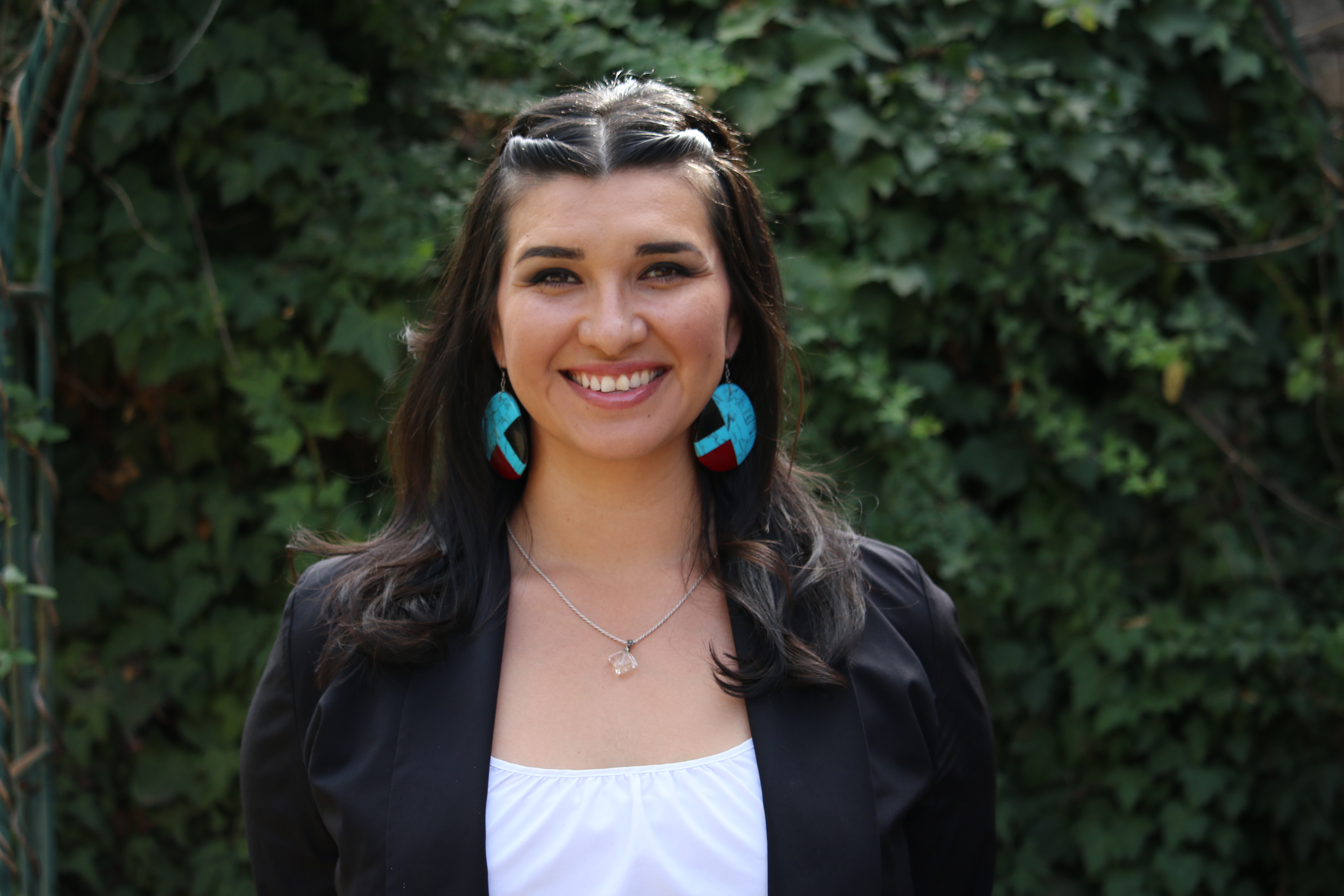
FRIENDSHIP | PEACE | FOREVER
Facilitated community dialogue on Cultural Humility and the principle of Maintaining and Advocating Institutional Accountability.
ABOUT THIS EVENT
Hosted by the Office of Diversity, Equity, & Inclusion at the University of Phoenix.
Cost: Free
Date and Time: Thursday, January 30, 2020, from 4:00 PM – 7:00 PM
Location: University of Phoenix, 4025 South Riverpoint Parkway, Room #101, Phoenix, AZ 85040
Registration: Click HERE
Indigenous Vision welcomes the public to join us in a community dialogue on Cultural Humility and the principle of advocating and maintaining institutional accountability. This dialogue is the third and final of a 3-part series dedicated to covering the principles of Cultural Humility for the community.
The Cultural Humility model provides a method to build trustful partnerships with individuals, families, and communities by creating a safe and positive place for us to learn from one another in group dialogue on issues surrounding identity, culture, race, power and privilege, and more. The model replaces the insufficient notion of “cultural competence” with a cyclical approach that embraces critical self-reflection as a lifelong learning process to create a broader, more inclusive view of the world.
Space is limited, please register today!
For more information, please email us at info@indigenousvision.org
Activities include highly interactive exercises and facilitated dialogue among the participants.
Outline:
- Cultural Humility: origin, principles, and practices
- Focus on dialogue among the participants on the application of the Cultural Humility principles in their work.
- Common language: identity, culture, race, isms, power and privilege, microaggression, intersectionality, color, sex, gender, age, ethnicity, religion, nationality.
- Summarize what is useful for your work
- Group dialogue and evaluation
Overall learning objectives:
- Participants can state the potential influence of power, privilege, the-isms, and their own history and relationship with clients and colleagues.
- Participants can identify personal beliefs and values and how these factors influence their own behaviors when working with clients and colleagues.
- Participants can use tools to practice the Cultural Humility principle of “client as the expert” when serving individuals and communities.
- Participants practice respectful and curious inquiry about individual and community points of view, values, and life experiences, holding the stance of “listen as if the speaker is wise”.
- Participants practice strategies to redress power dynamics from negatively influencing or obstructing the content of service delivery.
- Participants integrate strategies into organizational structures, policies, and activities.
Participants will receive a 3-hour Certificate of Participation.
Who should attend?
All are welcome, from community members to organizers to students to teachers to government workers. Our entire community can benefit from practicing Cultural Humility.
Meet the trainers:

Souta Calling Last, MIM, BA, is the Founder and Executive Director of Indigenous Vision and a Roddenberry Fellow Alum. She is a certified cultural humility trainer from Dr. Melanie Tervalon and holds a master’s degree in Innovative Change Management from the University of Phoenix and a bachelor’s degree in Environmental Studies-Water Resources from the University of Montana. She has 18 years of experience facilitating dialogue and leading training sessions. Souta is a citizen of the Blood Tribe.

Tyler Walls, BS, is the Project Director of Indigenous Vision and a certified cultural humility trainer from Dr. Melanie Tervalon. He holds a bachelor’s degree in American Indian Studies with a minor in Geography from Arizona State University. He has 12 years of experience facilitating dialogue and leading training sessions. Tyler is a citizen the Hopi Tribe and Onondaga Nation.
Indigenous Vision is a nationwide educational 501(c)(3) nonprofit organization based in Phoenix, AZ, with a mission to revitalize Indigenous Communities – Culture, People, and Land – by providing educational resources through quality programs that promote well-being.
Learn more at www.indigenousvision.org
The Cultural Humility Model is sourced from a Train the Trainers session taught by Dr. Tervalon and Dr. Murray-Garcia, along with their published article:
“Cultural Humility: People, Principles and Practices,” a 30-minute documentary:
See more IV Upcoming Events here.